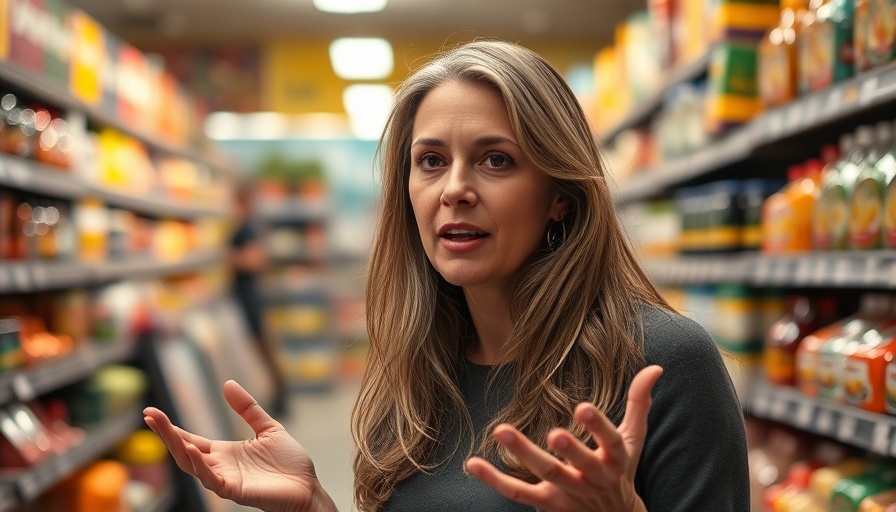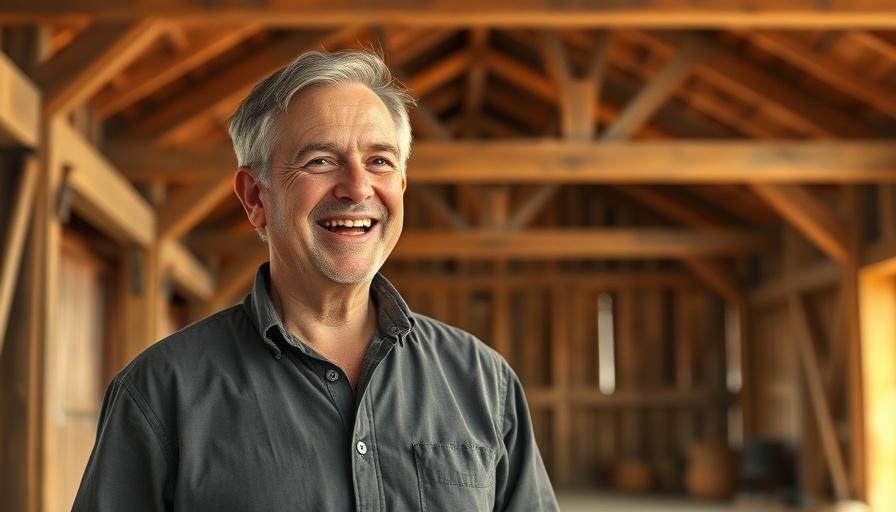
The Journey of Perseverance: Ali's Story
At just 28 years old, Ali's life took a drastic turn when a traumatic brain injury altered her existence. Once an active teacher and coach, she suddenly found herself needing assistance rather than being the beacon of support for others. The personal struggles she faced were immense; operating at only 10% cognitive ability posed severe challenges to her memories and mobility. However, through her grit and the support of the local community, she has started to pave a path towards recovery.
In Franklin Food Pantry helps support woman who suffered traumatic injury, the discussion dives into community assistance in overcoming hardships, exploring key insights that sparked deeper analysis on our end.
The Community's Role: Franklin Food Pantry’s Impact
One pivotal source of support for Ali is the Franklin Food Pantry, situated conveniently within her reach. This facility is more than a food source; it offers critical assistance to approximately 1,900 individuals each year—individuals from all walks of life, just like Ali, who need support during tough times. Tina Powderly, the Executive Director of the Food Pantry, emphasizes their mission: to treat every visitor with dignity while providing high-quality food sourced from the Greater Boston Food Bank at discounted rates, effectively stretching their operational budget.
Combatting the Stigma of Food Insecurity
Despite being vital to many, there remains a stigma surrounding food pantries. As highlighted by Tina, many individuals feel a sense of shame when seeking help, but the Franklin Food Pantry strives to dispel this misconception. There is no "type" of person who relies on food assistance; in fact, some clients are professionals like Ali, who simply can't make ends meet. With rising demand and the aftermath of policy changes at both the federal and state levels, resources like the Food Pantry are more necessary today than ever—a reminder of the community’s critical role in supporting those in need.
Addressing Increased Challenges
As the Franklin Food Pantry continues its mission, there is an acknowledgment of the ongoing challenges imposed by difficult economic circumstances. The need for services is surging, surpassing even the demand witnessed during the COVID-19 pandemic. From rising utility costs to inflation, many families find themselves stretching their resources thin. Community engagement remains essential in alleviating these pressures, as Ali's story resonates with many who are quietly fighting similar battles.
In conclusion, the need for empathy and community support is substantial. If you feel inspired to help individuals like Ali and support initiatives like the Franklin Food Pantry, consider reaching out to them directly. Your involvement can make a significant difference in someone's life.
 Add Row
Add Row  Add
Add 




Write A Comment